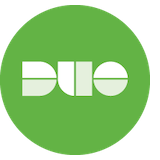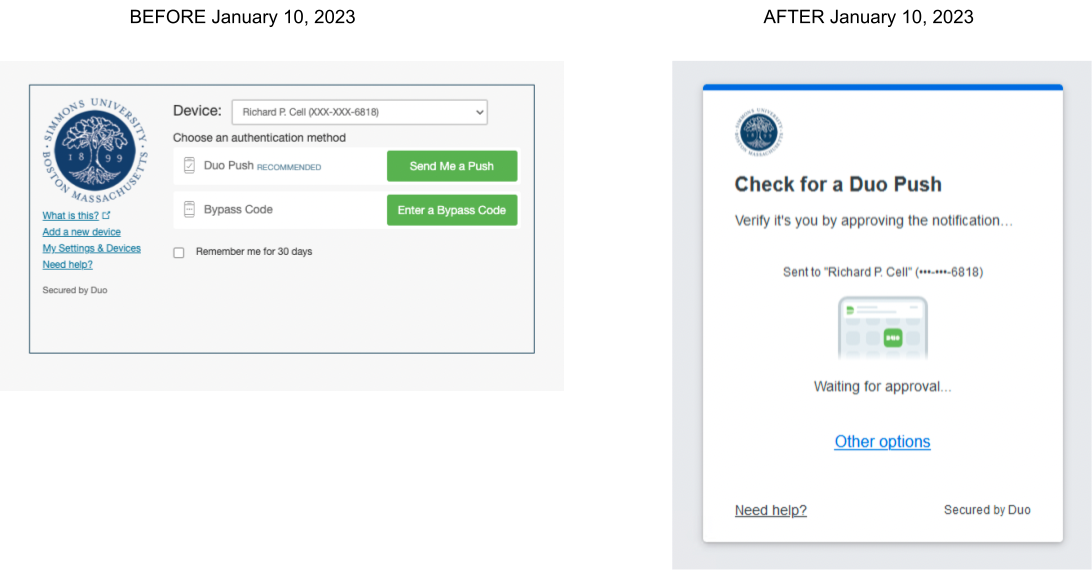After careful consideration of cost-efficiency and usage patterns, we regret to inform campus residents that we have made the difficult decision to discontinue the Xfinity on Campus television service. We understand the impact this may have on your experience and we want to assure you that we are committed to assisting you through this transition.
In light of this discontinuation, you have the opportunity to explore alternative services independently. While we understand that this change may present challenges, it also offers a chance for more personalized choices tailored to your preferences. You now have the flexibility to subscribe to services that cater specifically to your interests, whether it’s sports, entertainment, news, or more. This shift empowers you to curate your own viewing experience and select options that align with your unique preferences, ensuring a more tailored and satisfying entertainment journey.
Some popular choices for broadcast TV via internet — many with free trial periods — include:

 As the holiday season is underway, Simmons Technology is reminding users to be cautious of potential holiday scams and malicious cyber campaigns, particularly when browsing or shopping online. These scams can come in the form of emails or ecards with malicious links, attachments infected with malware, or requests to support fraudulent charities or causes. It is important to remain vigilant and avoid clicking on unfamiliar links or providing personal information to untrustworthy sources.
As the holiday season is underway, Simmons Technology is reminding users to be cautious of potential holiday scams and malicious cyber campaigns, particularly when browsing or shopping online. These scams can come in the form of emails or ecards with malicious links, attachments infected with malware, or requests to support fraudulent charities or causes. It is important to remain vigilant and avoid clicking on unfamiliar links or providing personal information to untrustworthy sources. If you are getting a new mobile device, it is important to enroll it with SharkPass/Duo to avoid any potential service disruptions. If you still have access to your existing device, you can find instructions on how to enroll a new device on the
If you are getting a new mobile device, it is important to enroll it with SharkPass/Duo to avoid any potential service disruptions. If you still have access to your existing device, you can find instructions on how to enroll a new device on the  Simmons Technology partners with Duo, our two-step authentication vendor, to provide students, faculty, and staff with a secure and seamless login experience. As part of our ongoing effort to improve security, we periodically review and update our security controls. We are currently looking at ways to improve our security platform, and as a result, there will be changes to the way we connect to Simmons’ computing resources. We ask that members of the community pay attention to any updates and be aware of how these changes may impact them.
Simmons Technology partners with Duo, our two-step authentication vendor, to provide students, faculty, and staff with a secure and seamless login experience. As part of our ongoing effort to improve security, we periodically review and update our security controls. We are currently looking at ways to improve our security platform, and as a result, there will be changes to the way we connect to Simmons’ computing resources. We ask that members of the community pay attention to any updates and be aware of how these changes may impact them.